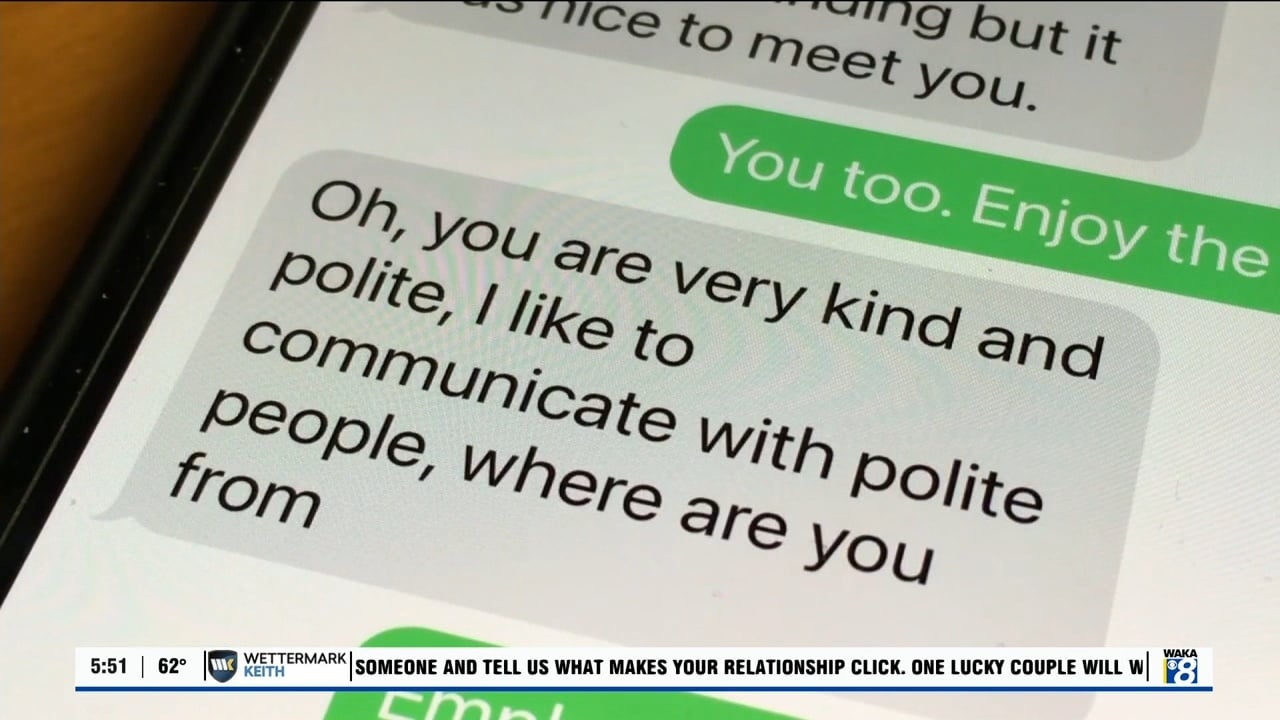Posted:
Updated:
By JAMIE TUCKER Consumer Technology Reporter
Love is in the air, and so are romance scams!
With Valentine’s Day just around the corner, it’s important to be aware of romance scams. These scams are becoming increasingly sophisticated, costing victims over a billion dollars annually.
How do these scams work?
One common tactic is the “meet-cute” over a wrong number. You might receive a text message from someone claiming they accidentally wrote down your number incorrectly. They’ll start flirting and try to keep you engaged in conversation. Over time, they may gain your trust and even offer to meet in person, but they won’t show up.
Many scammers will claim to be in the military. Eventually, they’ll ask you to send money or gift cards. They often tell a tear-jerking story of how they want to be with you but cannot afford a plane ticket.
Other reports show victims were asked for their bank account information so the scammer could deposit money in their account.
Some victims have reported losing tens of thousands of dollars, all in the hopes of finding love.
How to spot a scam
Just like in the dating world, there are red flags everywhere. For example, if someone sends you a photo, try doing a reverse image search. You might find that the photo is all over the internet and doesn’t belong to the person you’re talking to.
You can use the reverse search engines from Google, TinEye, and Social Catfish to find out if the image has appeared anywhere else online.
Tips to protect yourself
● If you’re using a dating app, don’t use the same profile photo that you use on social media. Scammers can do a reverse image search to find you on Facebook or Instagram, where they can learn a lot about you. If you’re using Facebook’s Dating app, do not connect with someone with no connections to your friends. Even then, be cautious as many Facebook users fall for scams themselves and accept friend requests from people they don’t know.
● Anyone can fall victim to these scams. Young boys are often targeted in “sextortion” scams, where they’re asked to send nude photos. Older victims are often lonely and looking for a relationship.
● If you meet someone online, tell your friends and family. They can help you determine if you’re talking to a potential love interest, or a scammer.
Click Here For The Original Source.

